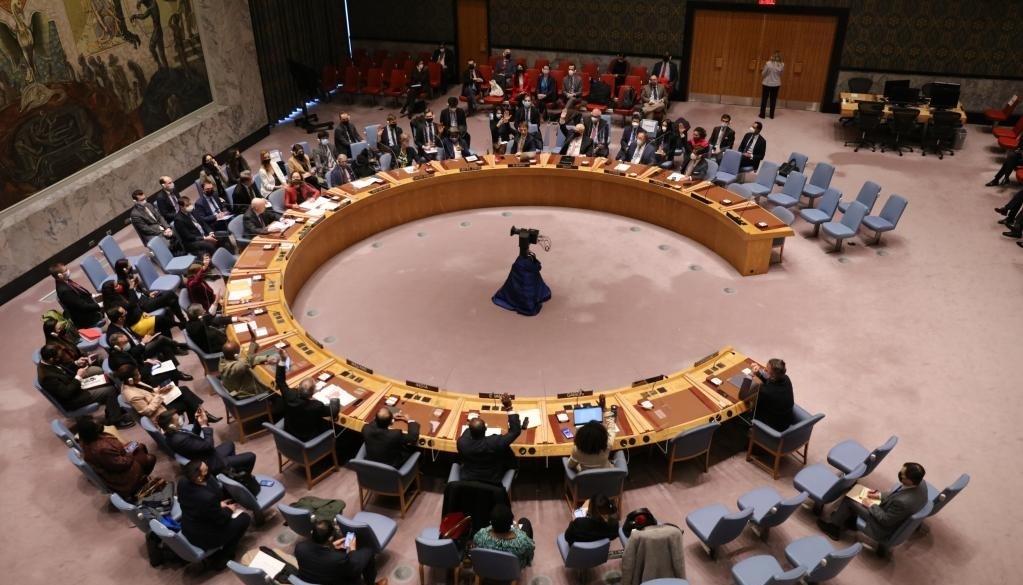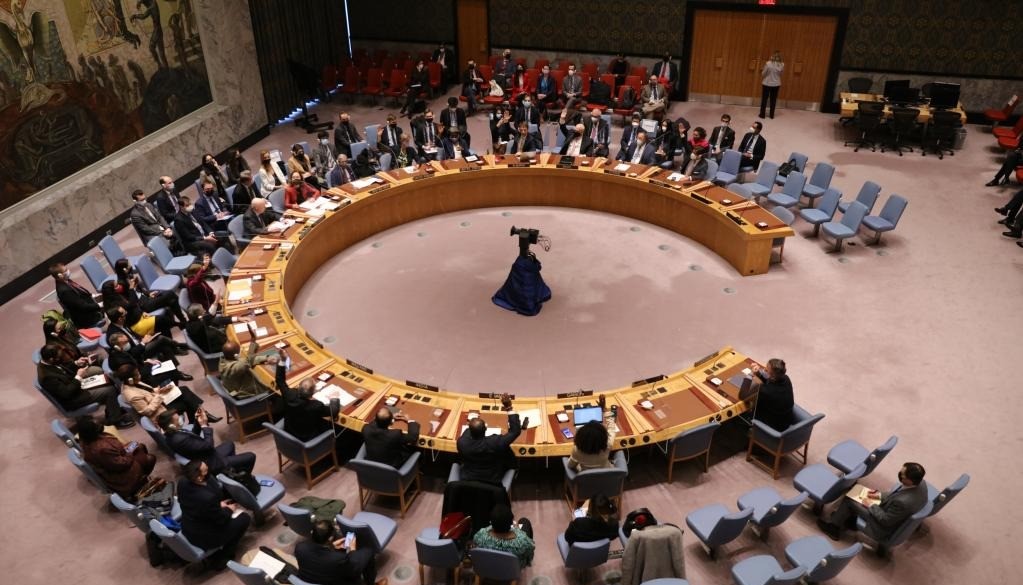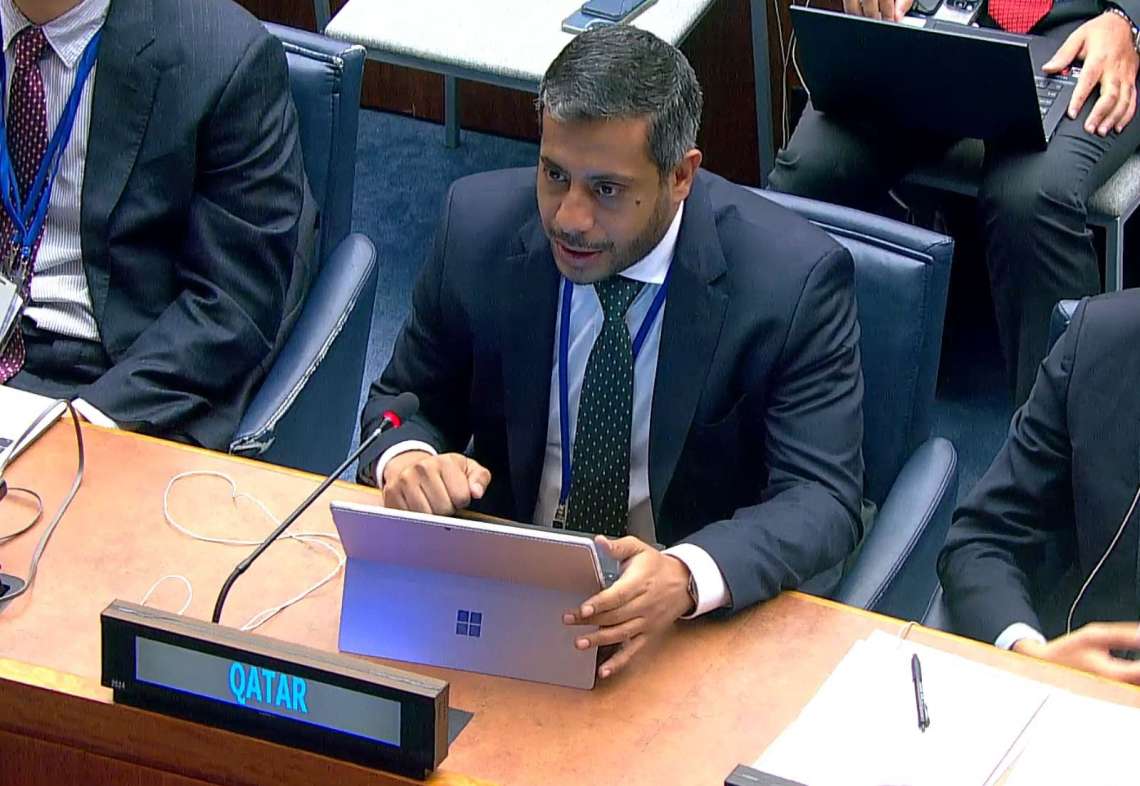In the first such incidents for more than six months, the Yemeni group seized and then scuttled two Liberian-flagged bulk carriers operated by Greek shipping firms, leaving four seafarers presumed dead and 11 others missing
Houthi militants have resumed their campaign against merchant shipping in the Red Sea, prompting a sharp warning from United Nations Secretary-General António Guterres that the attacks are “unacceptable” and a direct threat to freedom of navigation.
In the first such incidents for more than six months, the Yemeni group seized and then scuttled two Liberian-flagged bulk carriers operated by Greek shipping firms, leaving four seafarers presumed dead and 11 others missing. The attacks have shattered tentative hopes that traffic through the vital waterway – which links the Mediterranean to the Indian Ocean – was returning to normal after a year-long disruption that began in response to Israel’s war in Gaza.
The latest assaults began last weekend when the Houthis boarded the Magic Seas. All crew members were evacuated before the vessel was sunk. Three days later, on Monday, the militants targeted the Eternity C; it was deliberately sunk on Wednesday. Of the 25 people on board, only ten have been rescued so far, according to maritime officials.
Speaking through his spokesman on Friday, Guterres “strongly condemned” what he described as a “dangerous re-escalation”. The Secretary-General urged the Houthis to refrain from hindering ongoing search-and-rescue efforts and warned that continued attacks risk “significant environmental, economic and humanitarian damage” along an already fragile coastline.
Between November 2023 and December 2024, the Iran-backed group launched more than 100 strikes against commercial vessels, deploying missiles, drones and small-boat teams. The campaign forced the world’s largest shipping lines – including Maersk, MSC and Hapag-Lloyd – to divert thousands of voyages around the Cape of Good Hope, adding thousands of nautical miles and up to three weeks to journeys between Asia and Europe. Industry analysts estimate the diversions have added billions of dollars in fuel, insurance and crew costs, while exacerbating inflationary pressures on goods ranging from electronics to food staples.
The pause in Houthi attacks during the first half of 2025 had encouraged some carriers to resume transits through the Suez Canal, shaving days off delivery times. That cautious optimism evaporated within 72 hours of the Magic Seas incident. Lloyd’s List Intelligence reported that at least 17 vessels have already rerouted since Monday, and marine insurers are reassessing war-risk premiums for the Red Sea and Gulf of Aden.
British maritime security firm Ambrey Analytics noted that both targeted vessels were carrying grain cargoes when boarded, raising fears that food supplies to drought-hit parts of East Africa could be disrupted. “The deliberate sinking of laden bulk carriers is a step change in Houthi tactics,” said an Ambrey briefing circulated to clients on Thursday. “Previous attacks focused on disabling ships or forcing them to divert; now we are seeing scuttling that maximises economic and environmental impact.”
The Houthis, who control much of Yemen’s Red Sea coast, say their actions are in solidarity with Palestinians in Gaza and have vowed to continue until Israel halts its military offensive. In a televised address on Tuesday, the group’s spokesman, Yahya Sarea, claimed the Eternity C was “linked to the Zionist entity” – an assertion denied by the vessel’s Athens-based operator, which insists it had no Israeli ownership or cargo interests.
Washington and Brussels have both renewed calls for the Houthis to cease attacks on civilian shipping. A spokesperson for the Pentagon said the US Navy’s Fifth Fleet, based in Bahrain, is coordinating with regional partners to bolster escort patrols. However, naval assets remain stretched; only a handful of warships are currently assigned to the multinational Operation Prosperity Guardian task force.
Meanwhile, the International Transport Workers’ Federation (ITF) warned that seafarers are being “treated as pawns in a geopolitical conflict” and demanded immediate safe passage for rescue teams. “Four confirmed deaths and 11 missing is 11 too many,” said ITF inspector Mohamed Arrachedi. “Commercial crews are not combatants; they are fathers, mothers and daughters trying to deliver the goods the world relies on.”
The UN has asked all parties to respect international maritime law and to allow unobstructed access for search-and-rescue vessels operating near Yemen’s Hodeidah province, where debris from the Eternity C has been spotted. Environmental monitors fear that residual fuel oil and grain stores could leak into the sea, compounding an ecological crisis already aggravated by years of conflict and a recent major oil spill in the region.
As of Friday evening, the Saudi-led coalition that has fought the Houthis since 2015 said it was “considering all options” to secure the waterway but gave no indication of imminent military action. Diplomats at the UN Security Council expect an emergency session early next week, although Russia and China have previously resisted resolutions that could pave the way for further Western-led strikes inside Yemen.
With insurers poised to raise premiums once again and shipping schedules thrown into fresh disarray, analysts warn that the cost of global trade is set to climb. “Every day of disruption ripples through supply chains,” said Simon Heaney, senior manager at Drewry Shipping Consultants. “If the Suez route becomes a no-go zone for a second consecutive year, the inflationary shock will be felt in British supermarkets as much as in European factories.”








